

This summer,
this group of Sendelta youths
has given a warm and heartfelt answer.
During the summer vacation, four students—Chine, Jacob, Anthony, and Steve—filled with great enthusiasm, formed a student volunteer teaching team. They traveled all the way to Longfeng Village, Baiyangba Town, Lichuan City, Hubei Province, and launched a five-day volunteer teaching journey.
During their trip, they not only dedicated themselves to the classroom to impart knowledge but also went into the village to learn about local customs and gather life insights. The simplicity and purity in the children's eyes struck a chord in their hearts time and again; meanwhile, the harsh reality of scarce educational resources in rural areas made them truly feel helpless, yet also ignited a strong urgency to bring about change. What they saw and heard on this journey not only brought them far more growth than expected but also quietly sowed a seed in their hearts — "better self, better world".
Next, let us follow in the footsteps of team leader Chine and relive this unforgettable volunteer teaching experience through his first-person account.
01
The bond formed with Longfeng Village during the pandemic made this small village come to mind immediately when I was planning the summer volunteer teaching program. During the preparation phase, we spent a week's worth of evening self-study sessions completing the curriculum design and writing the project plan. With the assistance of the village secretary, we successfully recruited 14 students and also purchased all the teaching aids and materials as planned. Thus, at the end of July, we officially launched our volunteer teaching schedule—a five-day program running from 1:00 pm to 5:00 pm each day.
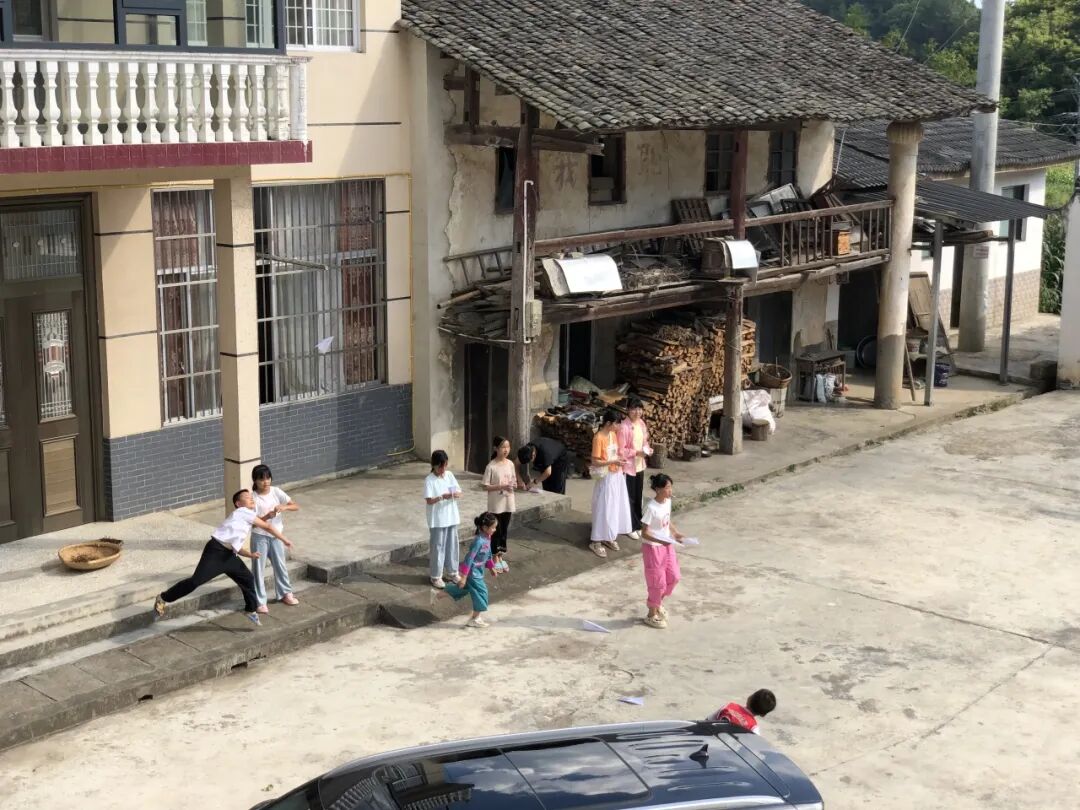
They say all things are difficult before they are easy, so the core of our first day was ice-breaking activities. We led the kids in small games like impromptu performances and paper airplane races, gradually closing the distance between us. The children slowly let go of their initial shyness, threw themselves into the fun, and laughter filled the air the entire time. This warm and lively start felt like a stream of warmth, filling us with confidence.
As students from an international school, we placed extra emphasis on language classes in our curriculum. We hoped that through English interactions, we could spark their interest in the language. Additionally, we integrated the small science experiments and art crafts we learned in daily life into the courses: we showed them how to do an air cannon science experiment, taught them to fold wupeng boats (traditional Chinese covered boats), and doodle on plaster dolls. The kids' boundless creativity never failed to amaze me. In the end, each of them went home happily, holding their own creations.
However, we inevitably encountered small challenges during the volunteer teaching. On the second day, we noticed that part of the curriculum was not well-structured, and the children clearly got distracted. That night, we held an emergency review meeting right away to adjust our plan together. Team members took the initiative to take on tasks and worked through the night to create new PPTs. It was precisely because of this timely adjustment that the subsequent courses went much more smoothly.
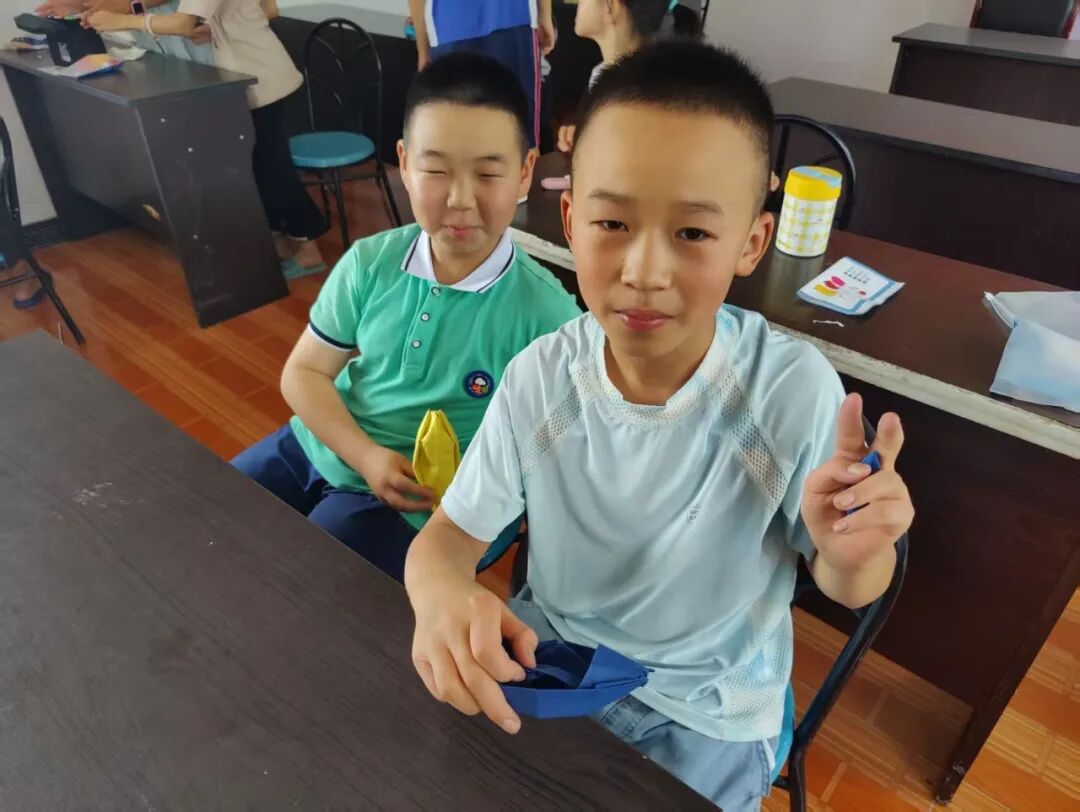
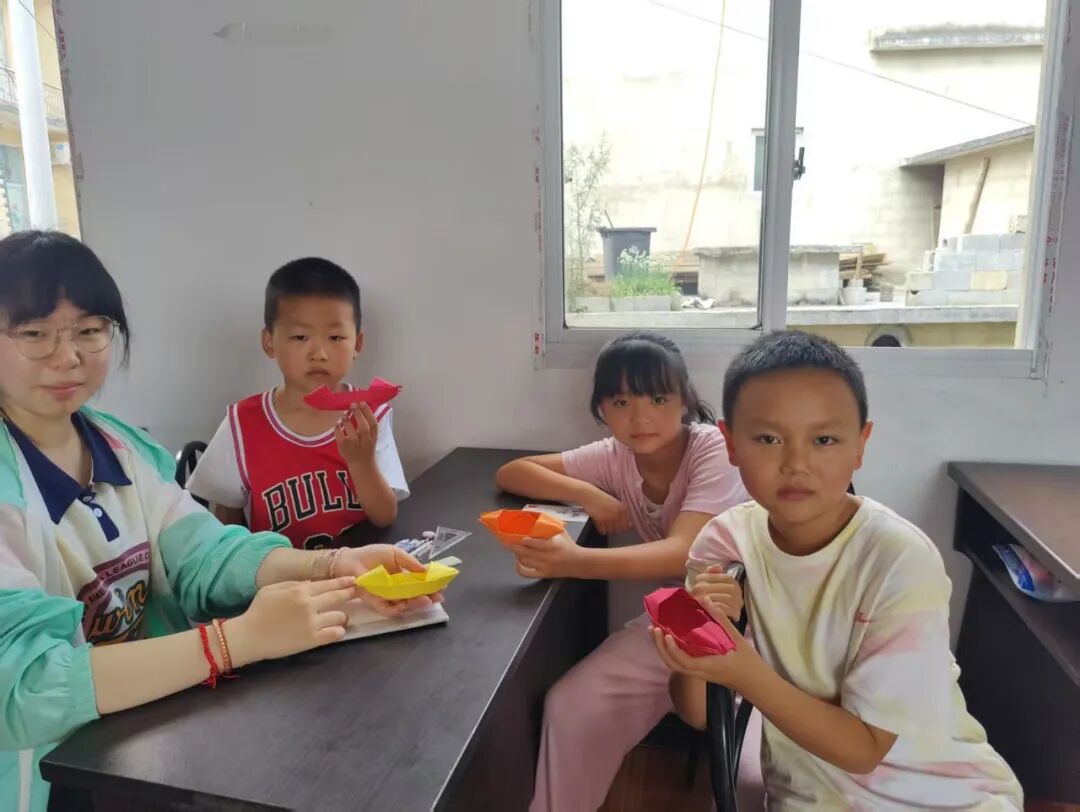
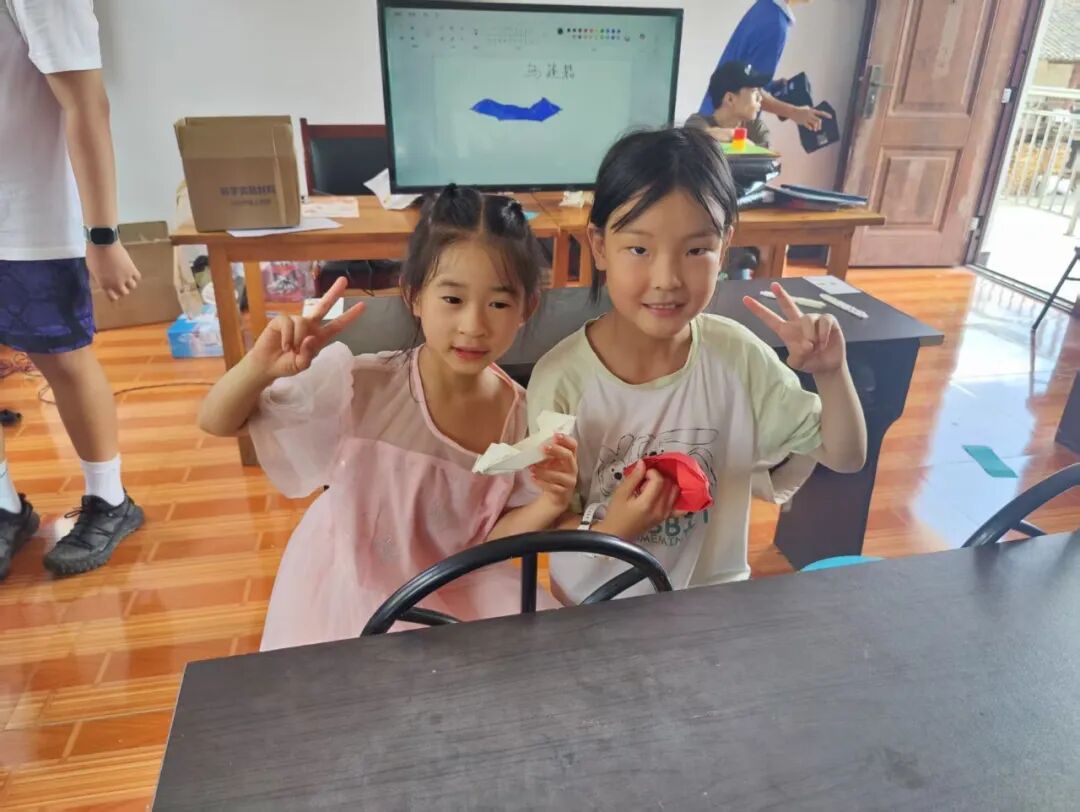
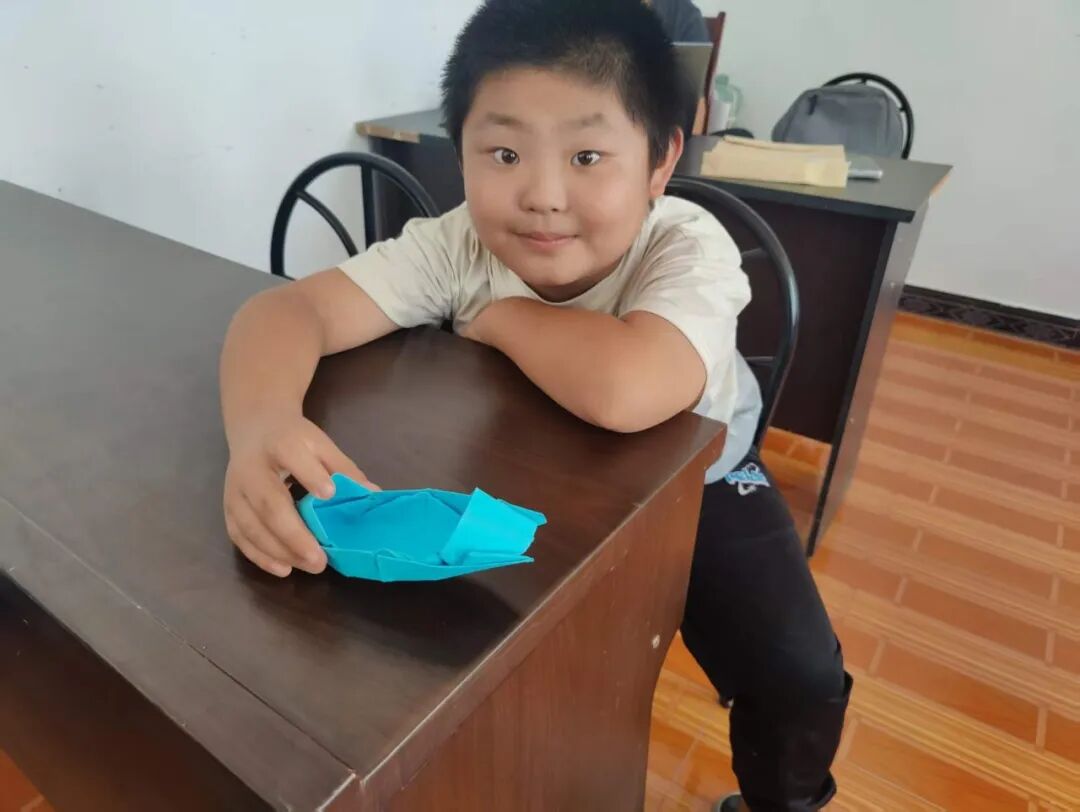
For us, this volunteer teaching experience was also a great opportunity to gain a deeper understanding of rural children. We wanted to encourage them to express themselves boldly through debates, so we organized several debate competitions. The topics were: "Which makes a better pet: cats or dogs?", "Should we stay in the countryside or move to a big city when we grow up?", and "Should hunting be banned?". After a few rounds, the children became more and more willing to express their thoughts, and their thinking became much clearer. During the debates, I also took the initiative to join the opposing side to help everyone balance perspectives and broaden their horizons. Later, we held a tongue twister contest, and the kids laughed until their sides hurt, having an absolute blast.
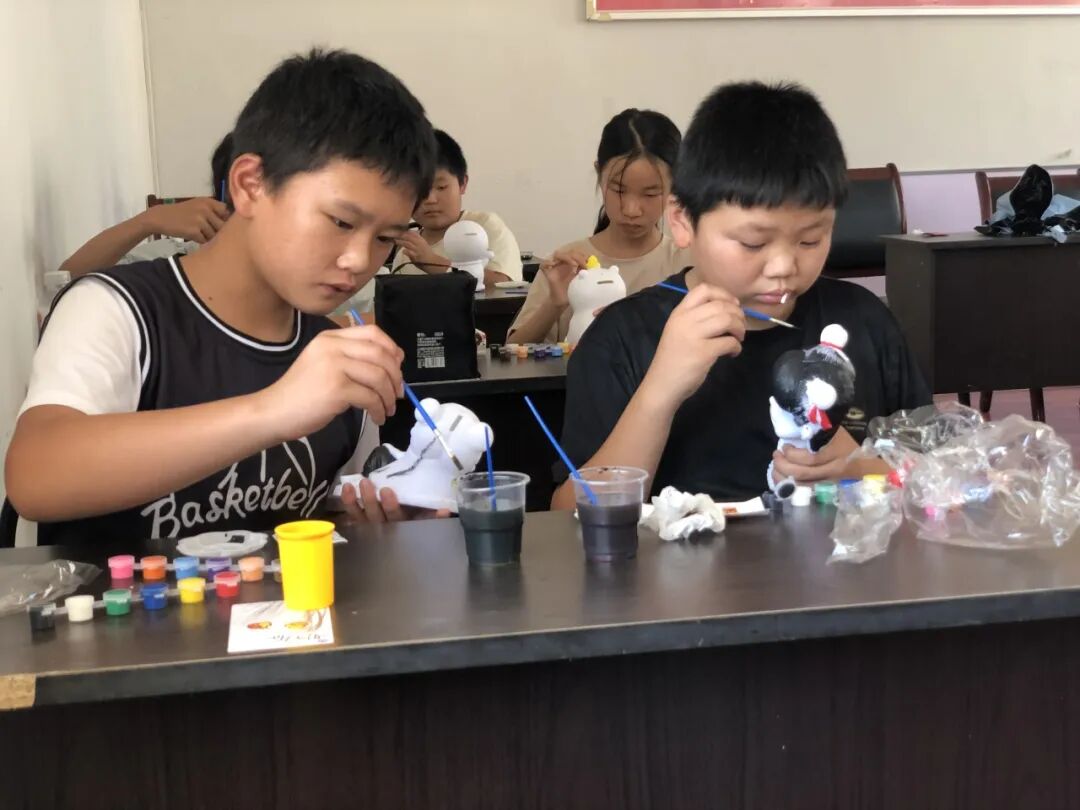
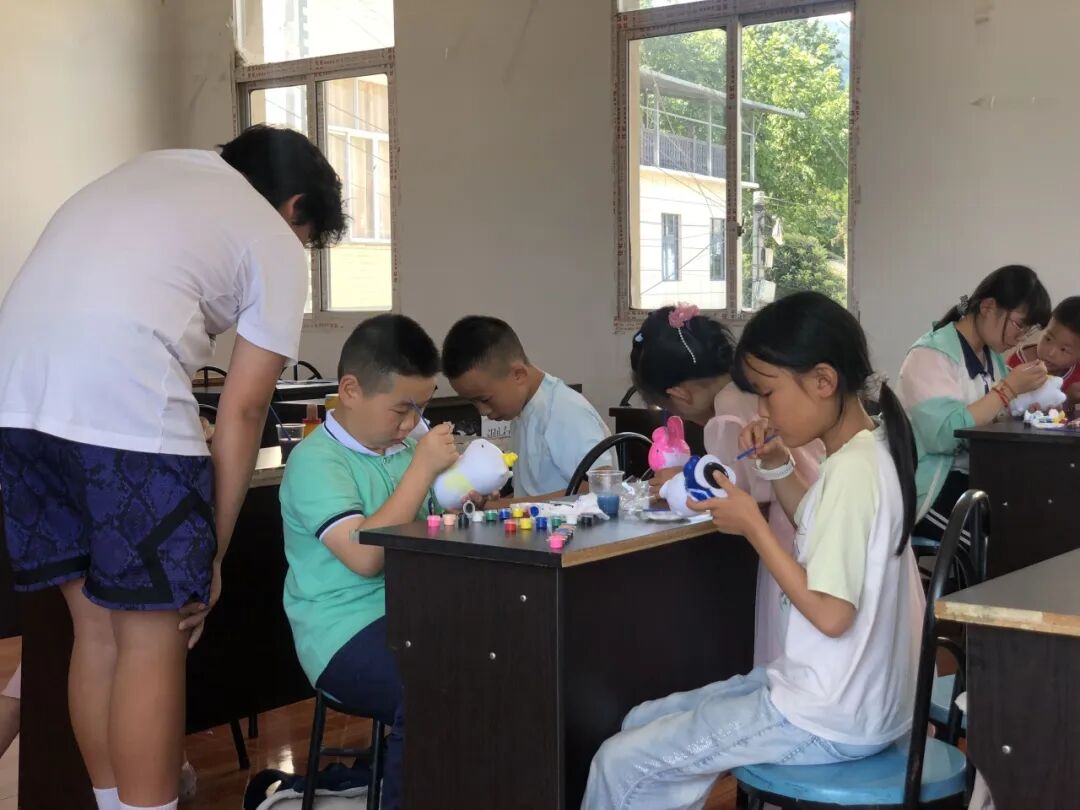
Beyond the classroom, since the children were young, we took on an extra role as "temporary homeroom teachers" besides being instructors. Once, two kids fought over fitness equipment. Instead of rushing to judge, we squatted down to patiently listen to both sides explain their feelings, then slowly guided them to understand each other. In the end, the girl volunteered to give up her spot. Although the boy still had a little tantrum, the conflict was resolved peacefully.
A small accident also happened during this time: a girl accidentally tripped over the threshold and scraped her arm. We immediately took her to the village clinic to have her wound cleaned, disinfected, and dressed. It was only after confirming she was okay that we finally let go of our worried hearts.
On the last day, we organized a "Messages to Teachers" session. The usually energetic kids suddenly became serious and shy—they bowed their heads, writing and drawing carefully, stroke by stroke. One girl quietly tugged at the corner of my clothes and whispered, "Teacher, can you not show what I wrote to others?" I nodded solemnly in agreement. At that moment, the warmth of the fabric against my fingertips and the trust in her eyes felt incredibly precious.
In the evening, my teammates and I read through all the notes and drawings, word by word. "Hope you come back next year," "Five days are too short—I haven’t had enough fun yet," "Wish teachers progress in studies and happiness every day..." These words had no fancy phrases, but their simplicity warmed our hearts, and my eyes welled up with tears as I read them. It was also at that moment that I was certain: I must come back here next summer.
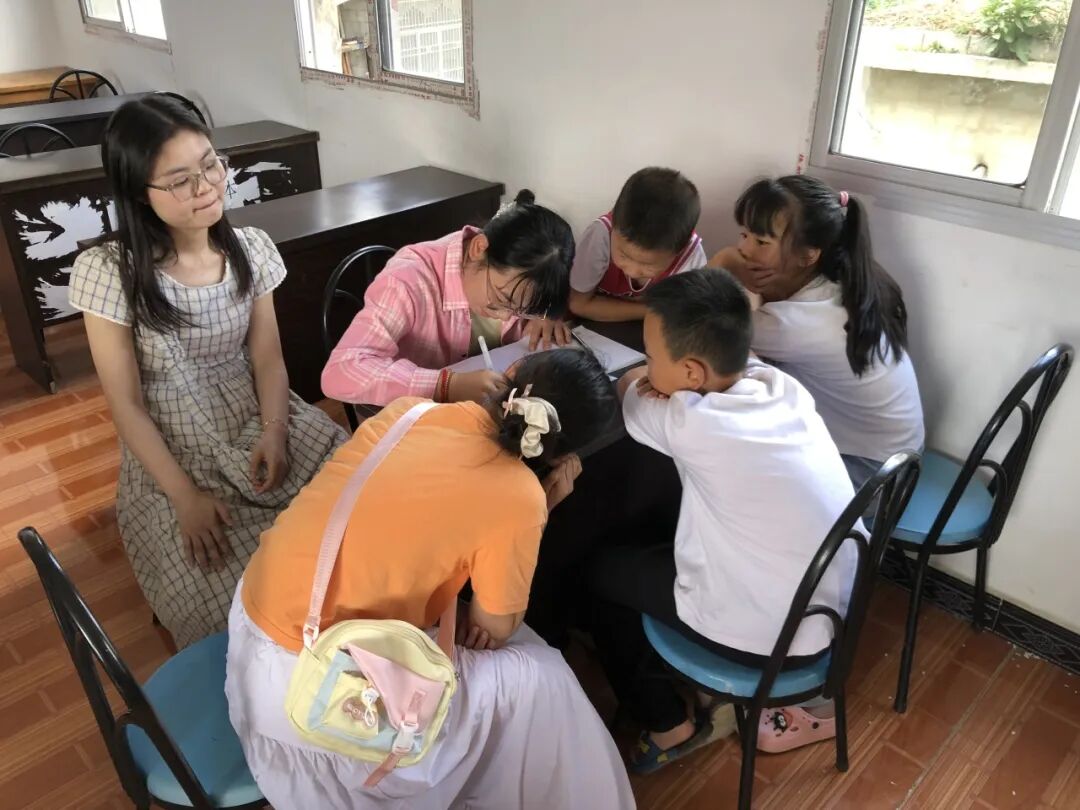
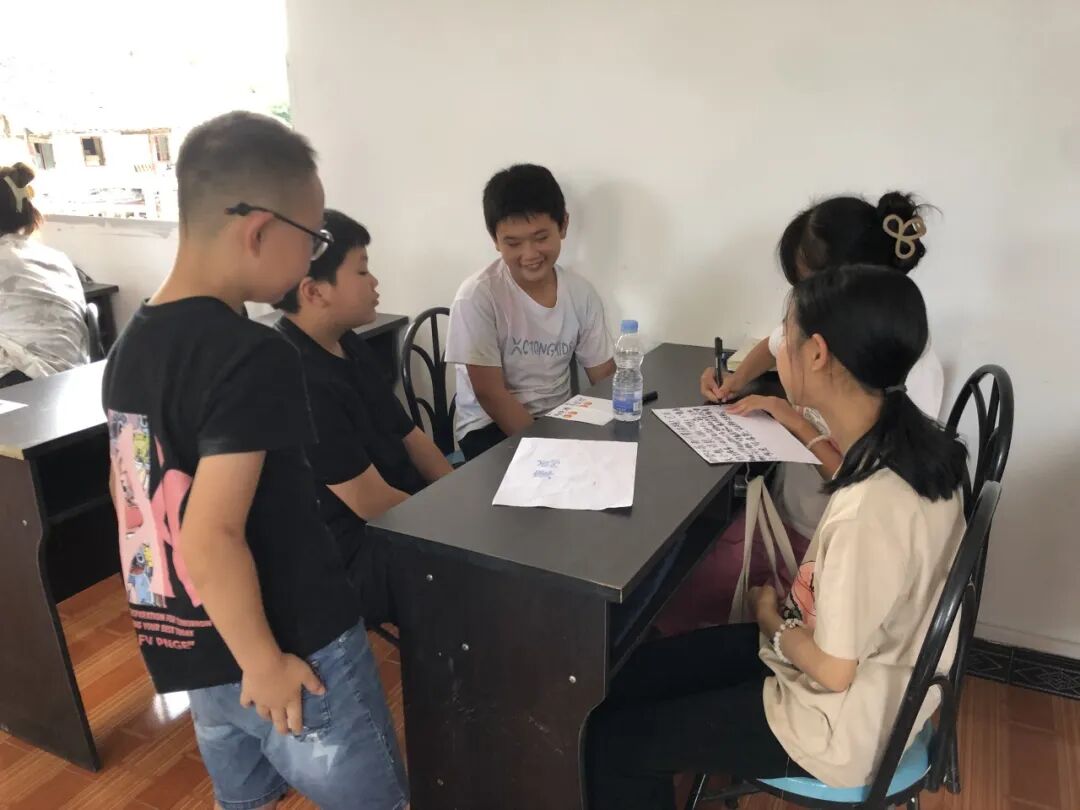
When we left, many kids brought their parents' phones to add us on WeChat, and some handed over small notebooks, earnestly asking each of us for an autograph. The summer night breeze was cool, rustling the leaves, but it could not blow away the warmth and reluctance in our hearts.
02
After the program concluded, we visited the families of two children—only then did we truly step into their real lives.
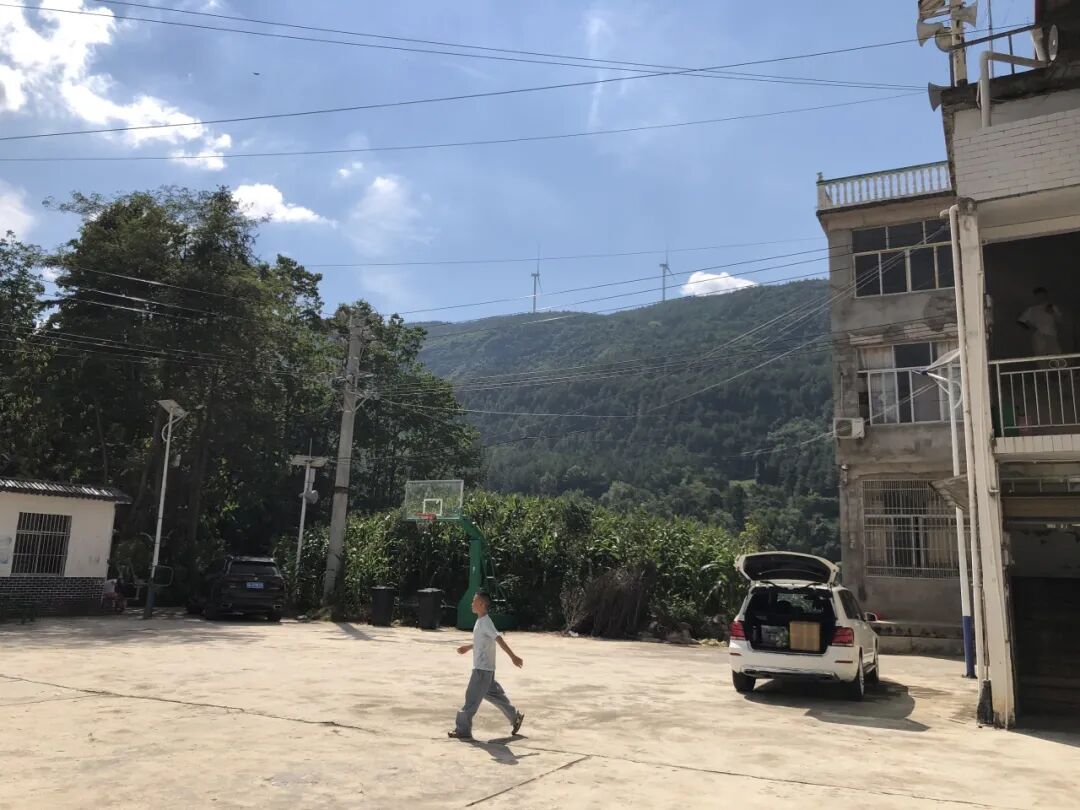
One of the children’s father has worked away from home all year round, engaged in audio equipment manufacturing and sales. He only returns home for family reunions during the Spring Festival each year. The child is usually cared for by his grandparents; when he encounters difficulties in his studies, he can only seek help from his father, who is far away in Dongguan, via phone call. On one end of the line are his father’s hasty reminders amid busy work; on the other end is the child’s growth as he figures out problems on his own.
In the other family, there are two half-sisters (sharing the same father). Their father works as a construction worker in Shenzhen, and both of their mothers have divorced him. Their grandmother is advanced in age and has poor eyesight. Thus, the responsibility of doing housework, cooking, and taking care of their grandmother fell on the delicate shoulders of these two girls—the elder sister is about to enter the first year of senior high school, while the younger one has just started the fourth grade. Even in such difficult circumstances, they have not fallen behind in their studies; they keep doing their homework every day, and with their weak yet resilient strength, they quietly sustain the warmth of this home.
Looking back now, during these five days of volunteer teaching, it was not so much that we brought them knowledge and games, but rather that they taught us a profound lesson with their purity and resilience—a lesson about love for life, responsibility to family, and how to move forward steadily step by step amid hardships.
This experience is worth cherishing forever.It is precisely because of this that I have made up my mind: at this time next year, I will return here again to continue this unfinished companionship. What’s more, I hope that before our next visit, we can develop a set of standardized, reusable teaching plans and activity schemes suitable for short-term volunteer teaching. This way, the impact will not only stay with the children in front of us, but also extend to more volunteer teaching teams and rural schools in need of support.
Completely changing the world may be difficult, but we can bring light and hope to those easily overlooked corners—time and time again, bit by bit.
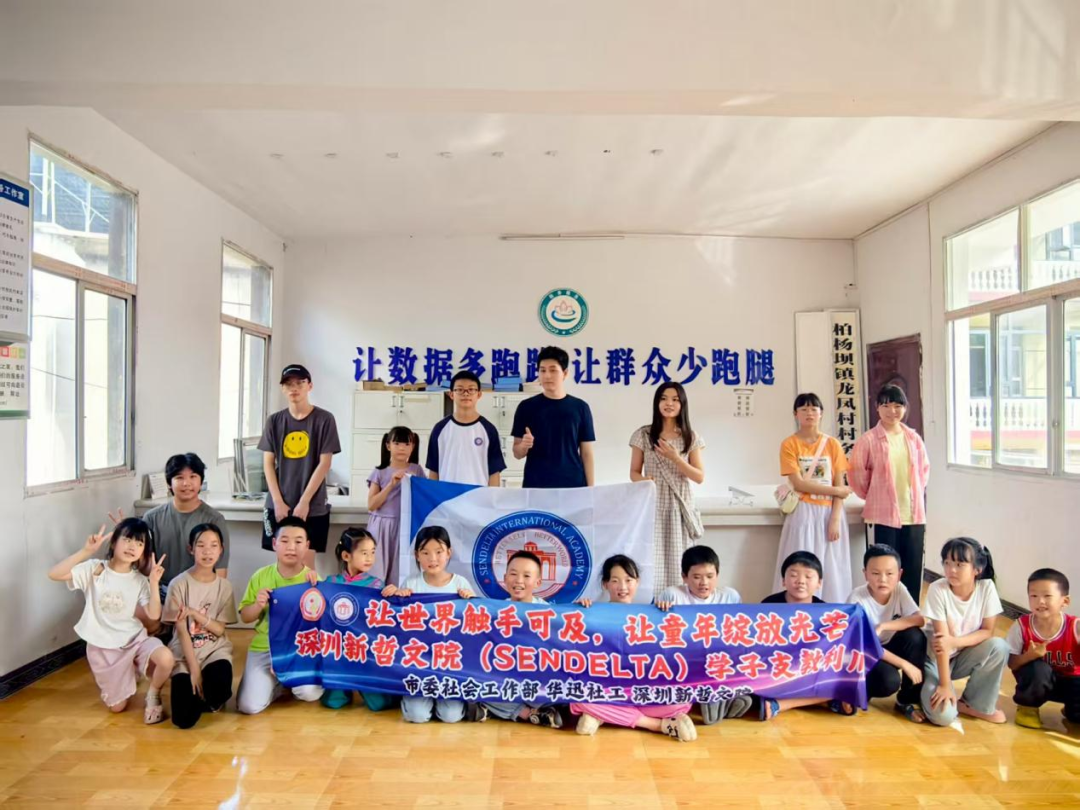
03
"Better self, Better world" — this is not only the educational mission of Sendelta, but also has been transformed into tangible warmth and strength through the actions of these Sendeltans.
Though they are only ninth and tenth graders, they have bravely stepped onto the podium and become the kind "little teachers" in the eyes of the children. These youths, who have covered the blackboard with imprints of their youth, have illuminated the distant path with enthusiasm and become warm "light-bearers" in the lives of others.
Volunteer teaching has never been a one-way giving; it is a two-way journey of growth, which truly interprets the profound meaning of "teaching and learning benefit each other". As students of an international school, they rely on their solid comprehensive literacy to build a bridge for cross-cultural communication with fluent English; leveraging their rich knowledge reserves, they lead the children to explore the unknown world and ignite the spark of curiosity about science and knowledge in their hearts.
They achieve self-growth through giving, and rediscover themselves in the process of guiding the children. Every patient explanation and every creative lesson design sows a seed of hope in the children's hearts. And these seeds will eventually break through the soil and germinate in the future, growing into a force that changes the world.
May these tiny sparks eventually converge into a prairie fire; may every child with aspirations move toward a broader and more wonderful world, nourished by love and hope.